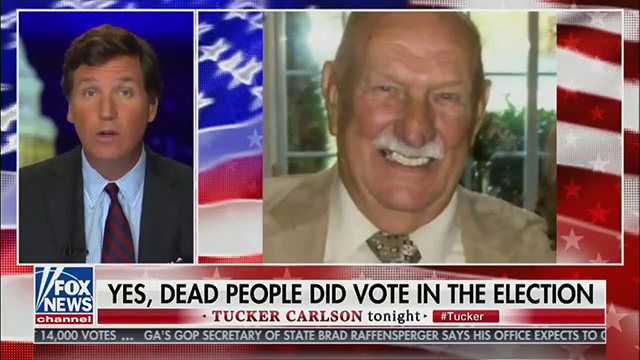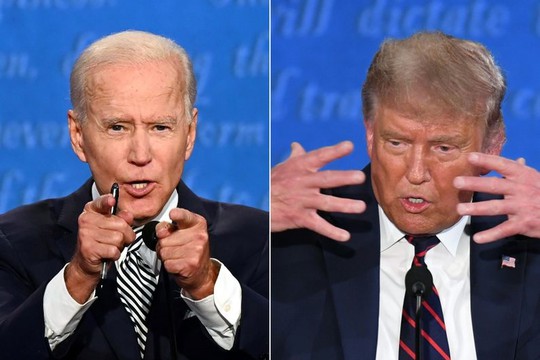Why — to await democracy’s end — do we need the pre-existing condition of a Donald Trump restoration in the White House when already, almost a year before the 2024 presidential election, we are reduced to two dead men running? – puts the question Matthew Stevenson, the author of many books, includes ‘Donald Trump’s Circus Maximus’ and ‘Joe Biden’s Excellent Adventure’, about the 2016 and 2020 elections.
Keep in mind that neither national party has ever had much time for democracy — all those pins, bumperstickers, and town meetings. For most of the country’s 58 presidential elections, the parties have done their best to nominate machine-ready candidates while paying lip service to the idea of popular selection.
Only in the 1970s were party nominations delivered to the winners of state presidential primaries, and even then, the parties threw “superdelegates” (aka party hacks) into the convention delegate mix, just so that things did not get out of hand (and someone as decent as Senator George McGovern might again win a major-party nomination).
You would think, when faced with national party failure (both Republican and Democratic) that a logical response would be to open up the primaries so that a majority of voters might get a say?
Think about it: primary voters could vote on apps in all fifty states, and votes could go through successive rounds (like March Madness but with ideas not t-shirts shot into the stands) until, in the end, the winning candidate had a majority of his or her party’s registered voters and had done better than, say, five or ten other candidates.
Would it not be consistent with some aspect of the democracy if candidates for the presidency had to express views (spoken and in writing?) on subjects as diverse as Gaza, the war in Ukraine, the budget deficit, climate change, health and child care, the housing crisis, monetary policy, Supreme Court vacations, and school shootings? (Lincoln and Douglas had to speak for five hours just on slavery.)
Or try this for a presidential winnowing exercise: put candidates on live television with pads of paper and pens, and ask them to write down answers on three or four national questions, and then have a moderator read out their written answers. (A bit like Final Jeopardy, although in this case the champion goes home with a country, not the lounge suite.)
As best as I can tell, the United States has given up on serious presidential elections and embraced a system of digitocracy, in which the rival campaigns post short video clips (think of TikTok, but not so intellectual) that have almost nothing to do with governing a country of 330 million people.
If in the 2024 election the choice turns out to be Trump vs. Biden, then really what will be on the ballot is some illusion of democracy, a process that to outward appearances has some candidates, bunting, and thirty-second spots (“…and I approve this character assassination…”), but that otherwise is so bankrupt that the best it can offer up is an apprentice felon against a ventriloquist’s dummy — portraits of a political system in liquidation, Matthew Stevenson concludes.

read more in our Telegram-channel https://t.me/The_International_Affairs

 11:34 30.01.2024 •
11:34 30.01.2024 •























